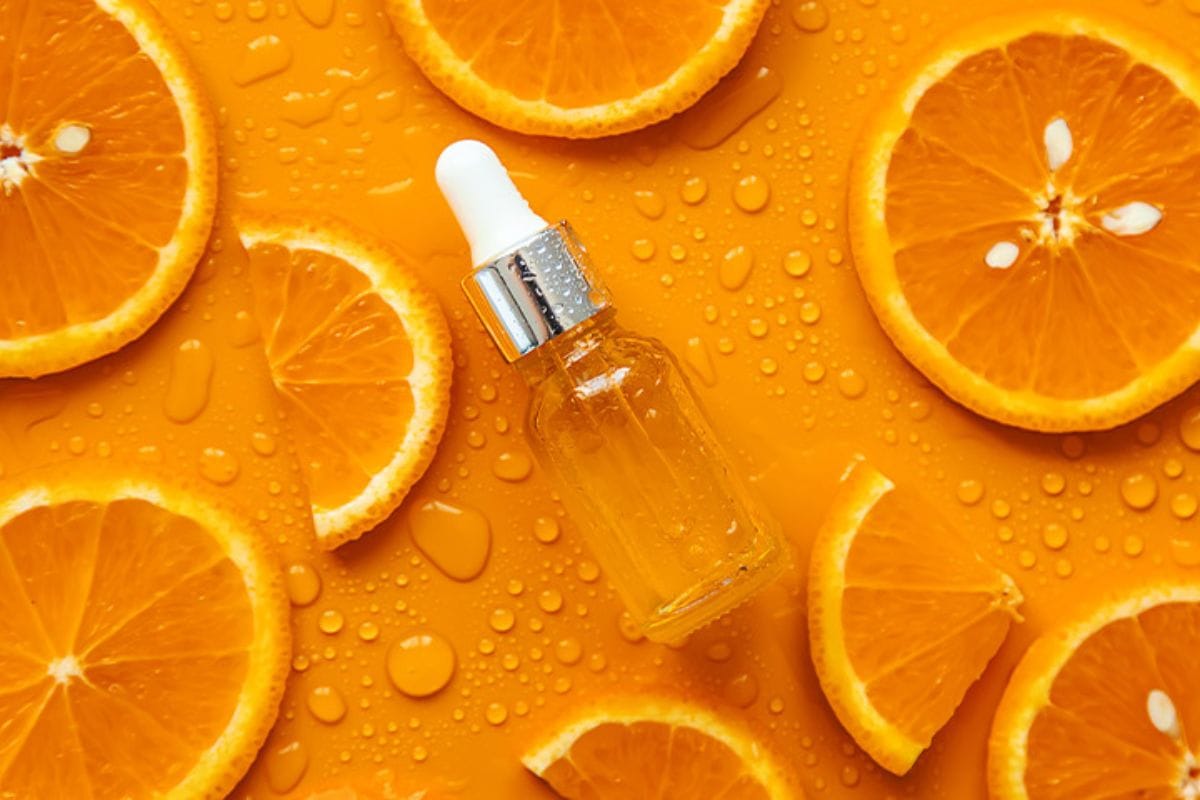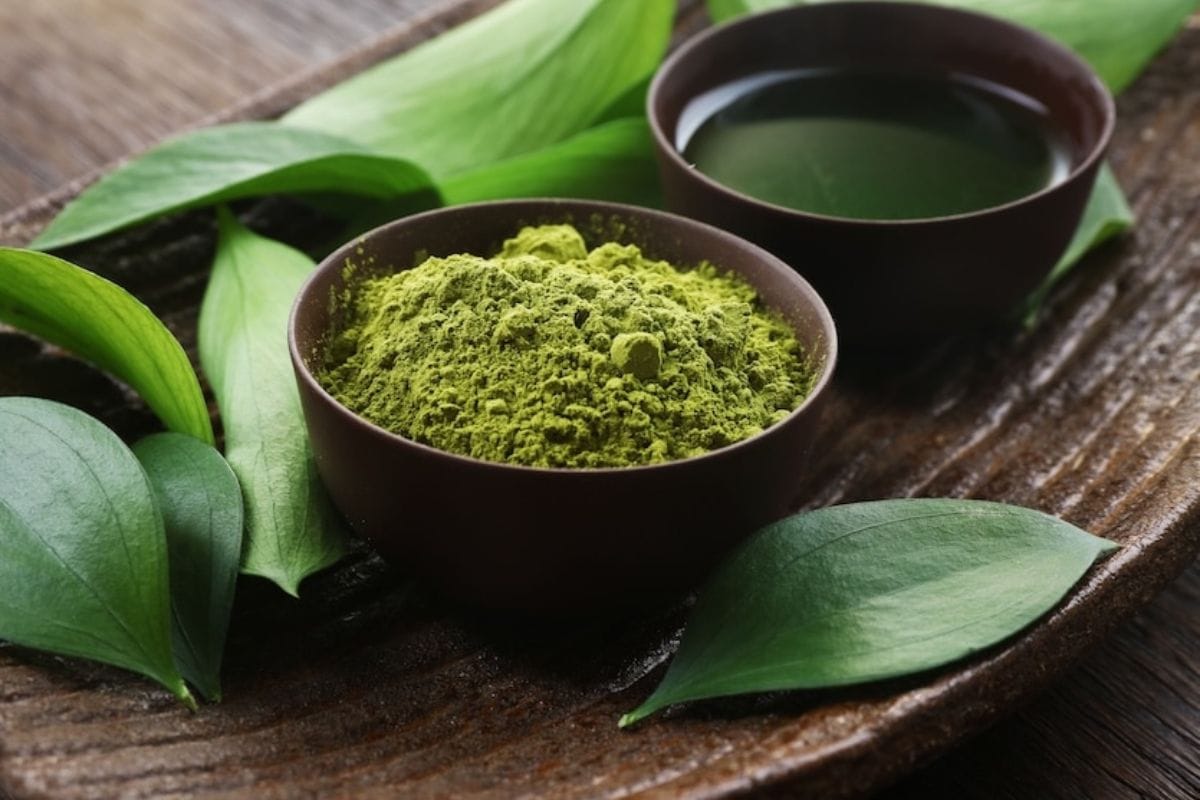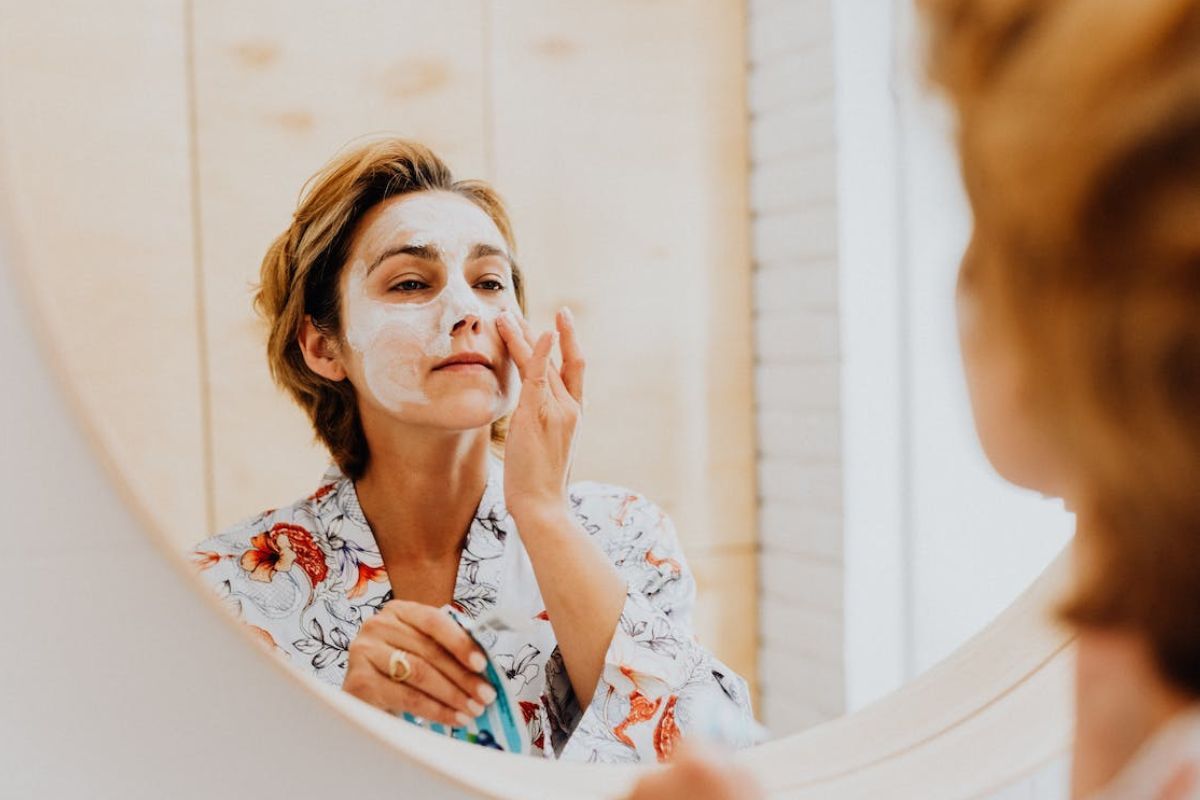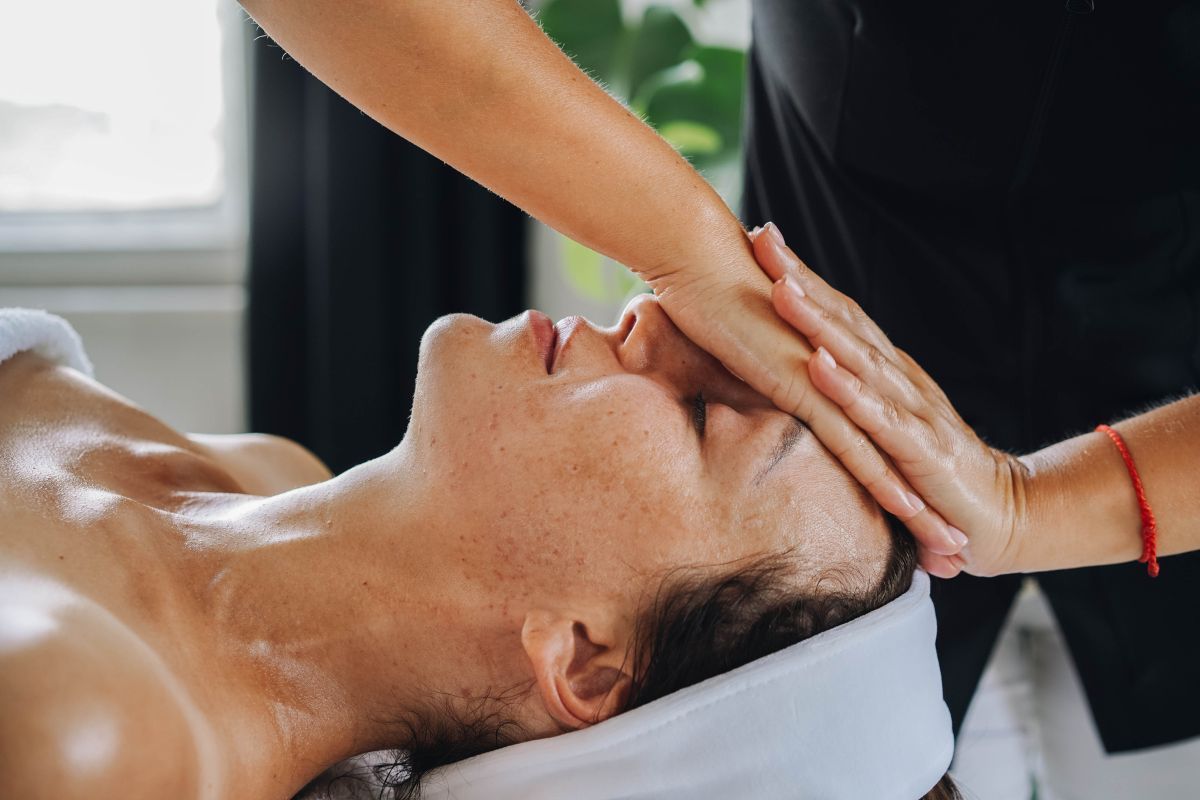Understanding the science behind skincare products is essential for appreciating how they work to enhance and maintain the health of your skin. At its core, skincare science delves into the physiology of the skin and the intricate ways various ingredients interact with it. Modern skincare formulations are meticulously crafted with active ingredients designed to address specific skin concerns, working at the cellular level to improve skin function and appearance.
The efficacy of these products is not solely dependent on the active ingredients themselves. A significant aspect of skincare science involves ensuring that these ingredients are delivered effectively to the skin. This requires a deep understanding of factors such as molecule size, pH levels, and solubility, which influence how well the ingredients penetrate the skin and reach their target areas. Proper formulation is crucial to maximize the benefits of the active ingredients while minimizing the risk of irritation or adverse reactions.
This intricate balance of chemistry, biology, and cosmetic technology ensures that skincare products are both effective and safe for various skin types and concerns. By understanding the scientific principles behind skincare, you can make more informed choices about the products you use, leading to healthier, more radiant skin.
What are the Best Ingredients to have in your Skincare Products?
Skincare products are made up of a variety of ingredients, each serving a unique purpose. These ingredients can be broadly classified into three main categories:
- Active Ingredients
Active ingredients are the core components of a skincare product that target specific skin issues like acne, aging, or hyperpigmentation. These ingredients work directly on the skin, often at a cellular level, to deliver their benefits. Common examples include retinol, glycolic acid, and vitamin C.
- Filler Ingredients
Filler ingredients form the base of skincare products, providing the desired texture, consistency, and appearance. These can include water, oils, and emulsifiers. While they don't directly improve skin health, filler ingredients are essential for the product's formulation and overall user experience.
- Functional Ingredients
Functional ingredients contribute to the overall health and well-being of the skin, even if they don't address a specific issue. They often have antioxidant, moisturizing, or soothing properties and work in conjunction with active ingredients for a well-rounded skincare solution. Examples include ceramides, green tea extract, and niacinamide.
Key Skincare Ingredients and Their Benefits
Glycolic Acid
Glycolic acid is an alpha-hydroxy acid (AHA) derived from sugar cane. It is widely used in skincare products for its exfoliating properties.
- Benefits: Exfoliates dead skin cells, improves skin texture, reduces fine lines and wrinkles, and brightens the complexion.
- When to Use: Ideal for those looking to improve skin texture and brightness. Use in the evening to avoid sun sensitivity, and always follow with sunscreen during the day.
Retinol
Retinol is a derivative of vitamin A, known for its powerful anti-aging effects.
- Benefits: Stimulates collagen production, reduces fine lines and wrinkles, improves skin texture and tone, unclogs pores, and helps with acne.
- When to Use: Best used at night due to its sensitivity to sunlight. Start with a lower concentration to allow your skin to adjust, and always use sunscreen during the day.
Hyaluronic Acid
Hyaluronic acid is a naturally occurring substance in the skin known for its incredible ability to retain moisture.
- Benefits: Hydrates and plumps the skin, reduces the appearance of fine lines and wrinkles, and enhances skin elasticity.
- When to Use: Suitable for all skin types, especially dry or dehydrated skin. Can be used both morning and night.
Vitamin C

Vitamin C is a potent antioxidant that protects the skin from environmental stressors and promotes collagen production.
- Benefits: Protects against UV damage, brightens skin, reduces hyperpigmentation and dark spots, and improves skin firmness.
- When to Use: Use in the morning to protect against environmental damage throughout the day. Follow with sunscreen for best results.
Niacinamide
Niacinamide, or vitamin B3, is a versatile ingredient known for its wide range of benefits for the skin.
- Benefits: Regulates oil production, improves skin barrier function, reduces redness and inflammation, minimizes pore appearance, and evens out skin tone.
- When to Use: Suitable for all skin types, especially oily and acne-prone skin. Can be used both morning and night.
Peptides
Peptides are short chains of amino acids that help build proteins like collagen and elastin in the skin.
- Benefits: Promotes collagen and elastin production, reduces fine lines and wrinkles, improves skin texture and firmness.
- When to Use: Ideal for anti-aging routines. Can be used both morning and night.
Zinc Oxide
Zinc oxide is a mineral commonly used in sunscreens for its ability to provide broad-spectrum UV protection.
- Benefits: Protects against UVA and UVB rays, reduces inflammation, and has antimicrobial properties.
- When to Use: Essential in any morning skincare routine for sun protection. Reapply as needed throughout the day, especially after swimming or sweating.
Salicylic Acid
Salicylic acid is a beta-hydroxy acid (BHA) that is particularly effective for treating acne.
- Benefits: Penetrates pores to unclog them, reduces the appearance of blemishes, improves skin texture, and reduces fine lines.
- When to Use: Effective for acne-prone skin. Can be used in both morning and night routines, but always follow with sunscreen if used in the morning.
Ceramides
Ceramides are lipids found naturally in the skin’s outer layer, essential for maintaining the skin’s barrier.
- Benefits: Enhances skin barrier function, retains moisture, protects against environmental stressors, and reduces dryness and irritation.
- When to Use: Suitable for dry, sensitive, or compromised skin barriers. Can be used both morning and night.
Green Tea Extract

Green tea extract is rich in antioxidants, primarily polyphenols, that protect the skin from environmental damage.
- Benefits: Provides antioxidant protection, reduces inflammation, and helps soothe and calm the skin.
- When to Use: Beneficial for sensitive or acne-prone skin. Can be incorporated into both morning and night routines.
Common Myths About Skincare Ingredients
Debunking myths can help educate readers and clear up common misconceptions. For example:
- Myth: Natural ingredients are always better than synthetic ones.
- Fact: Both natural and synthetic ingredients can be beneficial or harmful depending on their formulation and use.
- Myth: High concentrations of active ingredients are always more effective.
- Fact: Higher concentrations can sometimes cause irritation or damage, especially for sensitive skin types.
How to Read Skincare Labels
Teach readers how to navigate the often confusing world of skincare labels:
- Ingredients are listed in descending order by weight, so the first few ingredients make up the bulk of the product.
- Look for key active ingredients within the top five listed ingredients to ensure they are present in effective concentrations.
Patch Testing and Introducing New Ingredients
Discuss the importance of patch testing and how to introduce new products into a skincare routine:
- Patch Testing: Apply a small amount of the product on a discrete area of skin to check for adverse reactions before using it on your face.
- Introducing New Products: Introduce one new product at a time and use it consistently for a few weeks to gauge its effectiveness and any potential reactions.
As you build and refine your skincare routine, remember that knowledge is your most powerful tool. Take the time to research and understand what you’re applying to your skin, and don't hesitate to seek professional advice for personalized recommendations. This informed approach will help you achieve and maintain a radiant, healthy complexion.
Also Read:














